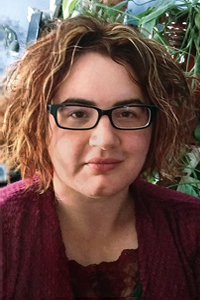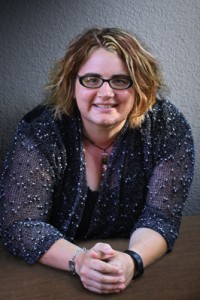Cory Doctorow: Peak Indifference
Ever since the first days of public access to the Internet, activists like me have been making dire warnings about the privacy implications of leaving data-trails behind you when you engage in everyday activity. We hoped that people would think forward to the potential risks of disclosures down the road – that the individually harmless crumbs of personal information could be painstakingly, disastrously aggregated by criminals, or repressive governments, or ...Read More
Read more





